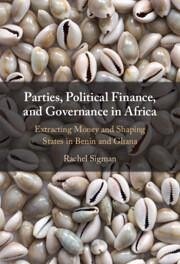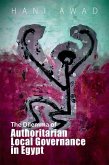A major challenge for the advancement of democratic governance in Africa is the extraction of money by ruling parties from the state to fund their electoral campaigns and gain political advantage over opponents. Drawing upon in-depth case studies of Benin and Ghana, Rachel Sigman considers how, and with what consequences, party leaders control and access public funds to finance their political operations. Weaving together biographical data on government ministers, surveys of civil servants, elite interviews, and archival research, Sigman explains leaders' extraction strategies and connects these strategies to how politicians manage state personnel. In so doing, she challenges the perception of African states as uniformly weak and argues that effective government is possible even in contexts of widespread state politicization, corruption, and clientelism. Demonstrating the profound impact that extractive financing practices have on democratic institutions, Sigman illuminates and develops our understanding of "good governance" across the African continent.
Hinweis: Dieser Artikel kann nur an eine deutsche Lieferadresse ausgeliefert werden.
Hinweis: Dieser Artikel kann nur an eine deutsche Lieferadresse ausgeliefert werden.








